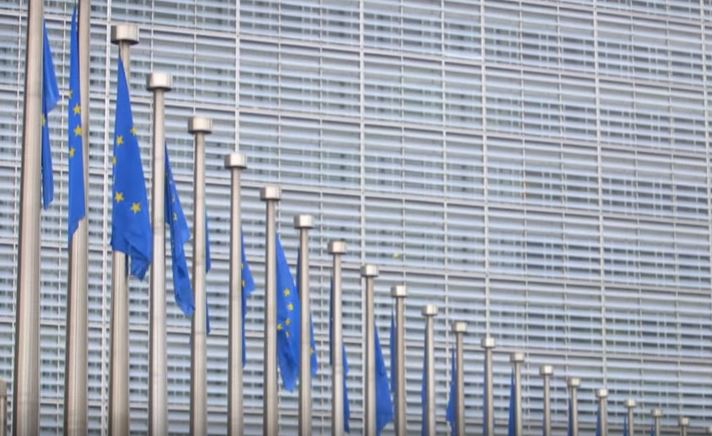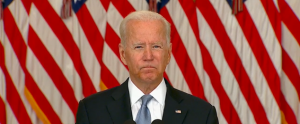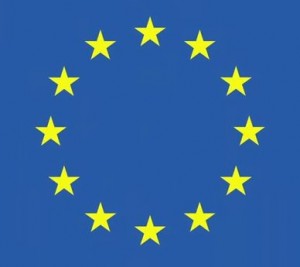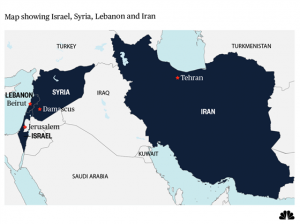
The Guardian / UK: The EU and Turkey are poised for a fresh round of diplomacy in an attempt to keep their migration pact working, despite the rancorous downward spiral in relations since Ankara’s crackdown on tens of thousands of people it says are supporters of the exiled cleric it blames for a failed military coup.
The two sides will reach a moment of truth in September, when the European commission is due to report on whether Turkey has done enough to gain visa-free travel to Europe’s borderless Schengen zone, a linchpin of the migration deal.
A delegation of EU officials is expected in Ankara in the coming weeks to assess Turkey’s progress, while a visit by the EU commissioner responsible for migration, Dimitris Avramopoulos, is also being discussed.
The diplomatic move comes amid an increase in migrants crossing the eastern Mediterranean to Europe. In August, 109 people a day on average have been arriving on Greek shores, compared to 62 in July, although still far below January’s tally of 2,000. The UN refugee agency warned that Europe could see a repeat of last year’s chaotic mass arrivals, unless EU governments did more to help asylum seekers in the Middle East as well as resettling more refugees.
“The feeling in Europe is that the problem has been solved,” UNHCR spokesman William Spindler said. “People have forgotten about the problem, because they do not see the immediacy of it.”
Around 50,000 people are stranded in Greece, many living in dire conditions in reception centres, not knowing when they will move on. Save the Children reported this week that Greek refugee camps were bursting at the seams: people are living in dirty and unsafe conditions, as camps lack sufficient drinking water, showers and toilets.
Under the pact with Ankara, Europe promised an initial €3bn aid for Syrian refugees in Turkey, in exchange for being able to send back irregular migrants who had arrived in Greece. The deal was sweetened by the promise of visa-free travel for Turks throughout continental Europe.
But even before the botched coup in Turkey, the deal had been hanging by a thread with Turkey’s president, Recep Tayyip Erdoğan, insisting he would not re-write Turkey’s counter-terrorism laws – a key condition of the visa deal.
Officials from both sides working on the visa deal insist it is viable, despite deteriorating EU-Turkey relations in the aftermath of the failed coup. Selim Yenel, Turkey’s most senior diplomat in Brussels, believes a visa agreement in October is still possible, although he said “emotions are still very high”.
In the weeks before the coup, both sides had met to search for compromise on Turkey’s anti-terror laws, which are so widely drawn that journalists and opposition figures are targets. “We have gone through a lot of wordings [on the counter-terrorism law] that would be appropriate for us and sufficient for the EU,” Yenel told the Guardian. “We haven’t finalised it but it is doable.”
“We feel that if the commission gives a green light in its report in September, then the council [of ministers] will most probably go ahead and the assumption is that the European parliament will also say yes.”
The ambassador, who returns to Ankara in September, also said he couldn’t imagine Turkey adopting the death penalty, which the EU opposes, arguing there was no majority in the Turkish parliament for capital punishment. Erdoğan told Le Monde that Turkey’s parliament would decide if the death penalty is reinstated, in a wide-ranging interview, where he accused Europe of “not being sincere with Turkey”. The EU has warned Turkey that re-instating the death penalty would end its membership hopes.
The two sides are also at odds over money. While Brussels likes to stress the €2.1bn (£1.8bn) “mobilised” to help Syrian refugees in Turkey, only €105m has been disbursed to aid agencies on the ground. A plan to bring refugees to Europe from Europe has also got off to a stuttering start: only 1,085 Syrians in Turkey have been resettled in EU countries, despite initial talk of 72,000 places.
Dimitris Avramopoulos, the European commissioner for migration, maintained an agreement was possible, but insisted Turkey had to meet all 72 conditions (“benchmarks”) to get the visa deal. “We are on the same side. The intention of the visa liberalisation benchmark has never been to reduce Turkey’s capacity to fight terrorism effectively, quite the contrary,” he said in a written answer to the Guardian.
Kati Piri, a Dutch Socialist MEP, who works on EU-Turkey relations in the European parliament, did not share this optimism. Visa-free travel was “simply not going to happen if Turkey does not fulfil these criteria,” she said.
“We are not asking Turkey not to fight terrorism, Turkey is very vulnerable,” she said. “We are asking them to bring [the law] into line with European legislation, so you cannot put journalists in jail when they are only writing about more rights for the Kurdish population.”
“I did not see a willingness neither before nor after the coup attempt to fulfil the criteria.”
The MEP, who will meet Turkish government and opposition figures in Ankara, said it would be wiser for the EU executive to postpone its September report, as changes are unlikely during the post-coup state of emergency.




